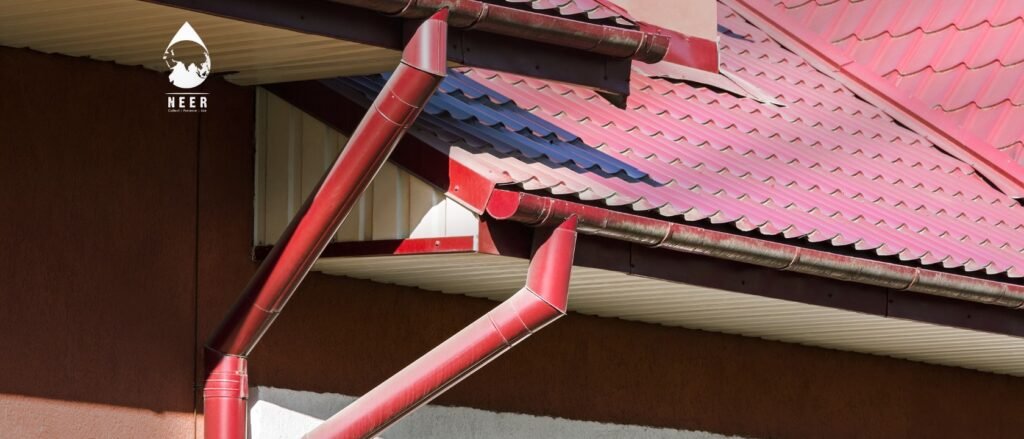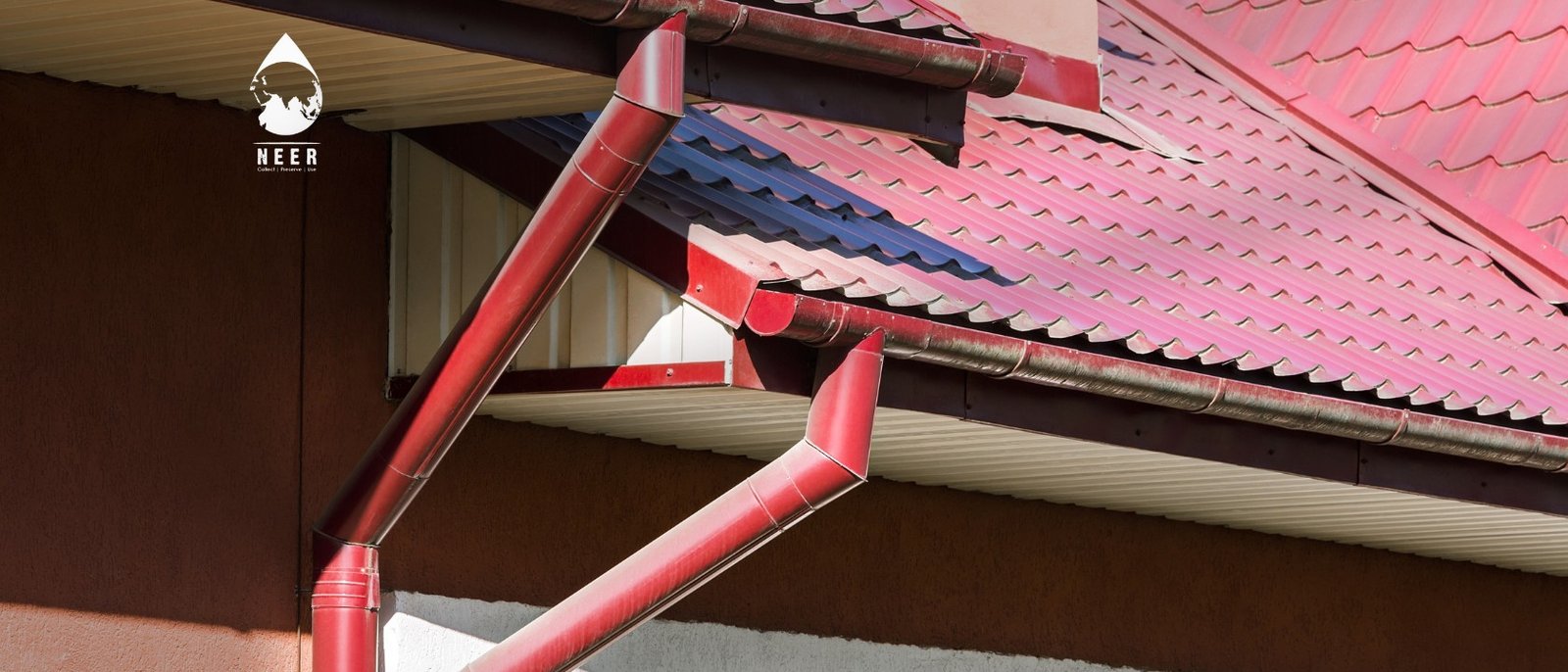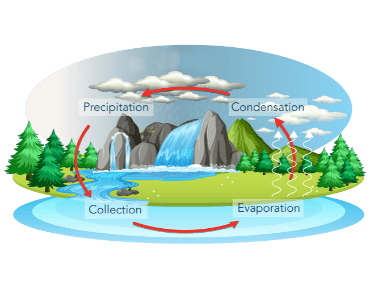
By: admin
How Rainwater Harvesting Contributes to Eco-Friendly Housing
As people look for ways to live more sustainably, rainwater harvesting is becoming an important part of green home design. We can alleviate water scarcity and drastically lessen our impact on the environment with this straightforward approach. Now that we’ve established that rainwater harvesting is becoming an integral part of eco-friendly living, let’s dive into how it’s changing the game for environmentally conscious homes.
An Eco-Friendly Strategy for Conserving Water
Collecting rainwater from rooftops and storing it for later use is known as rainwater harvesting. This method can be applied to both non-potable and potable water, depending on the treatment process. The rising demand for water and the importance of responsibly managing this scarce resource have prompted the development of this system.
The Important Role of Rainwater Harvesting in Sustainable Home Design
1. Decreased Water Expenditures and Increased Water Conservation
A decrease in water bills is one of the most noticeable advantages of collecting rainwater. Households that collect rainwater and use it for laundry, toilet flushing, and gardening can significantly reduce municipal water usage. This has a significant impact on water conservation for generations to come and results in cost savings as well.
2. Diverting and Relying on Public Water Systems to the Minimum
The burden on municipal water systems is reduced through rainwater harvesting, particularly during periods of high usage. In places where water is scarce or restricted, this decrease in demand helps make sure that everyone has access to enough water.

3. Making a Contribution to SWM
Stormwater runoff is a major contributor to erosion and water contamination in cities; however, rainwater collection can drastically cut down on this problem. We can lessen these negative effects by collecting rainwater, which will aid in the protection of local waterways and ease the strain on stormwater management infrastructure.
4. Preserving natural areas and increasing biodiversity
Green spaces are essential for urban biodiversity enhancement, and using collected rainwater for landscaping and gardening helps to expand these areas. In addition to enhancing air quality, these green spaces provide habitats for a variety of species, which helps maintain ecological balance.
5. Encouraging the use of less energy
It takes a lot of energy to treat and pump water. Households can cut down on energy usage by collecting and reusing rainwater, which doesn’t require much processing. This reduction in energy consumption helps achieve the objectives of environmentally conscious housing by reducing carbon emissions.
Integrating Rainwater Harvesting into Sustainable Home Design
It takes forethought and money to install rainwater harvesting systems in homes, but the payoff for homeowners and the planet in the long run is obvious. There are a variety of options for homes of all sizes and budgets when it comes to collecting rainwater. Some of these include building rain gardens, installing rain barrels, or integrating more advanced harvesting systems.
In summary
When it comes to contemporary sustainability issues, rainwater harvesting is an example of how old methods can be changed to fit the bill. Sustainable living, water conservation, and environmental stewardship are all greatly advanced when rainwater harvesting is an integral part of environmentally friendly homes. Using rainwater for irrigation purposes will remain an important part of creating a cleaner, more sustainable future.
ABOUT NEER
NEER has been established as an Independent Ground Water Management Consultancy Organization with the full support of the Senior Hydro-geologist of the country Mr. M. MEHTA, Ex-Commissioner Ground Water, Ministry of Water Resources, Government of India.
NEER is an Accredited Consultant by the Central Ground Water Authority (CGWA) for the preparation of Ground Water withdrawal Impact Assessment report in accordance with the Guidelines issued vide notification No. 3289(E) dt: 24th September 2020 by CGWA duly followed by other States. NEER is also empaneled, registered and notified Consultant for Rainwater Harvesting designing and implementation by the U.P. government.
AIMS AND OBJECTIVES:
NEER has joined in this endeavor to provide clean water to masses around the year, propagating for conservation and preservation of water including Rainwater Harvesting and Artificial Recharge to groundwater. This is being a part of the water management process to fulfill the dreams of NEER, “Water should be Conserved and Wastage Prevented” and “Everybody should get the needed water being the crux of Life”.
NEER EXPERIENCE:
NEER is working in the field of groundwater management, intending to provide robust consultancy services to Government Departments, Firms, Companies – Private and Public Sector, Institutions, on the Assessment and Management of Water, Environment, and Pollution Control.) Industries, Infrastructures and Mining Projects to meet their water supply requirements as per existing protocols. It also aims at capacity building of stakeholders in Groundwater Investigations and its Management.
We work on NO-COMPROMISE POLICY. Our team members have conducted studies on Environment and Water Management throughout the country and abroad.
NEER has already executed many applied Research and Implementation Projects. Timeliness and Client satisfaction are the essences of this organization’s consultancy philosophy.
NEER APPROACH:
NEER has multi-disciplinary human resources for providing on-site solutions for all groundwater problems. It includes training on Groundwater issues through a well-developed curriculum by Scientists and Trainers.
The Research and Consultancy assignments are being carried out by experts in different fields with long and wide-ranging experience. NEER is also drawing on the expertise in relevant subject matters from the experts of Academic and Research Institutions of National and International repute. Follow us on Facebook & Instagram.


